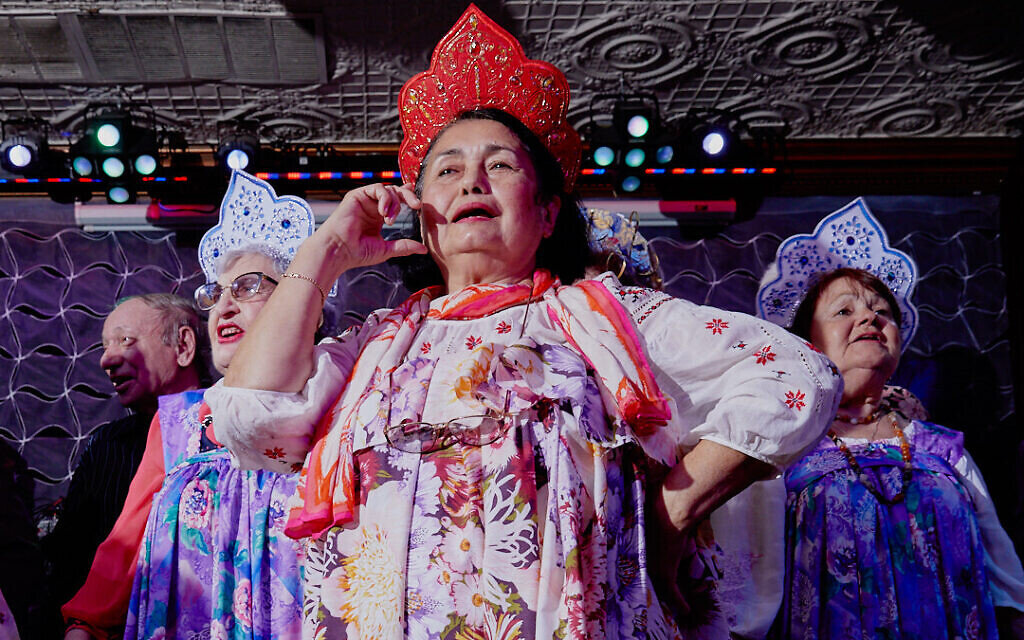Who uses Runglish?
While strongly associated with younger generations, Runglish is used among a wide age range for different purposes.


Older generations began the use of Runglish, using Russian to fill in gaps of broken English.
While older generations certainly are more likely to stick to native Russian grammar tendencies and vocabulary, older generations were the founders of Runglish. While in the process of learning English, new Russian immigrants filled in the gaps of broken English with Russian, and they adopted English words for modern topics. That being said, adult immigrants likely did not attend an English school, following a behaviorist theory of language acquisition to learn English. That is if they needed to learn English at all. Immigrants rarely had to use their English. In such a Russian-dominated community like Brighton Beach, especially when immigrants first arrived, Russian people were buying groceries from other Russians, using Russian lawyers, and conversing with Russian friends. From a behaviorist perspective, this environment would not be conducive to learning English as there are no model speakers to imitate. Thus, depending on your occupation, many immigrants maintained Russian similar to that of native Russian.
Younger generations learned Russian from their parents and English from school, drastically changing Runglish more English.
Children of immigrants learned Russian at home and in the Brighton Beach community, following a behaviorist method by immersing themselves in the language and mimicking the language of older generations. But unlike their parents, younger generations had formal English instruction in school. Not only did they learn English grammar and vocabulary through more rigid instruction in English class or an English for non-native speaker class, they also likely learned English through behaviorist methods as well, talking to friends, teachers, and doing assignments in English.
Unlike their parents, kids were likely more familiar and comfortable with English so instead of filling in the gaps of broken English or occasionally using a modern English word, younger generations’ first instinct is to use the English word. They are most likely only using Russian in the presence of older generations. Kids may even need to use English to fill broken Russian when speaking to their parents or grandparents. From the younger perspective, Runglish is much more English based with a Russian flare rather than vice versa.